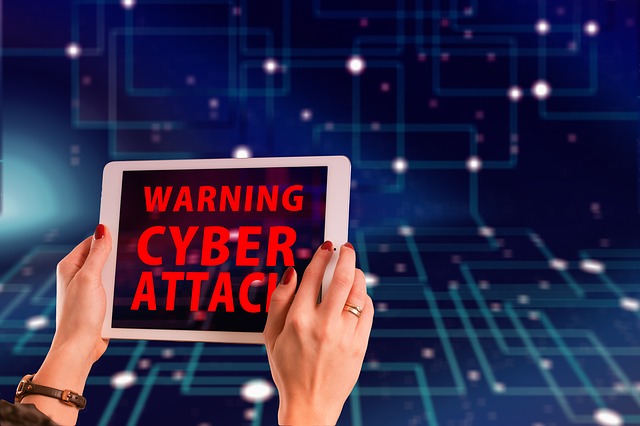Even the largest companies in the world are vulnerable to cyberattacks. The July 2020 Twitter cyberattack breach high-profile accounts including Barack Obama, Elon Musk, and Bill Gates. The hackers scammed hundreds of accounts to send them around $120,000 in bitcoin. If a cyberattack can successfully go after Twitter, imagine what they can do to your business.
Every minute there are $162,037 in Venmo transactions, 188,000,000 emails sent, and 4,497,420 Google searches. Each one is an opportunity for hackers to infiltrate.
A well-executed cyberattack can cripple your business. It can hurt you financially, hurt your brand, and cause your customers to think twice about working with you in the future. But those things don’t need to happen. Here are five things you should do to not become a victim of a cyberattack.
What is a Cyber Attack?
Cyberattacks don’t have to be as large as the 2020 Twitter hack. Any person and any company are vulnerable. And since small businesses often don’t have the time, money, or infrastructure to monitor for data breaches, it can take months before someone notices a problem. Having security measures in place to prevent these attacks is better than cleaning up the mess after it happened.
Cyberattacks come in many different forms:
- Phishing schemes
- Malware
- Ransomware
- SQL Injections
- Trojan Horses
- Botnets
- Denial-of-Service (DoS) and Distributed Denial-of-Service (DDoS) attacks
No matter what method hackers use, once they have access to your computer and data, they can do whatever they want with it. They can delete your entire database, steal sensitive information, or sell personal data to the highest bidder.
Educate and Train Employees
The best way to avoid a company breach is to educate and train your employees on data privacy and security procedures. Having conversations about proper procedures before an attack happens will not only lower your chances of being a victim but also uncover any holes in your security system. Consider discussing and training on issues like:
- Common phishing schemes
- Proper email attachment etiquette
- How they should handle, share, and send sensitive data
- Best password security procedures
- How to report suspicious data security activity
You should also train on how to become more aware of their own online behaviors and of their coworkers. Insider hacking is a reality. And while you never want to suspect your coworker, any suspicious activity should be reported. If your employees adopt that watchdog culture, your company will be far less likely to suffer from a cybersecurity breach.
Install a Firewall and Antivirus Software
Your computer’s firewall and antivirus software is your first line of defense. Make sure to keep your devices up to date with the latest security. Cybercriminals often target people using non-updated software to gain access via those system flaws. Those pop-up update notifications may be annoying, but it makes your system much more secure.
Limit Access to Your Most Valuable Data
Not everyone in your company will need access to customer emails, health information, social security numbers, or employee’s personal information. Keep sensitive and confidential safe by limiting access to only people who need to know to do their job. Set up two-factor authentication to make sure that the only people accessing that information are those who you’ve given direct permission.
Encrypt Your Data Transmissions
More people than ever are working from home and on their personal devices. Since personal devices often don’t have that same level of security software that company devices have, they’re much easier for hackers to breach. Your digital devices (both for work and personal use) should be installed with proper security software and encryptions.
Have a Data Recovery Plan
Should the worst happen and you become a victim of a cybersecurity breach, it’s time to triage:
- What information was affected, stolen, or lost?
- What data is crucial to getting back up and operating?
- How long will it take to become operational again?
The shorter your downtime from the cyberattack, the less money you lose, and the faster you can regain your customer’s trust.
You may not be involved in a cyberattack as high-profile as Twitter’s, but your data is still worth protecting. Taking these security precautions will keep cybercriminals at bay and your most valuable asset safe.
Guest post courtesy of Molly Edwards

